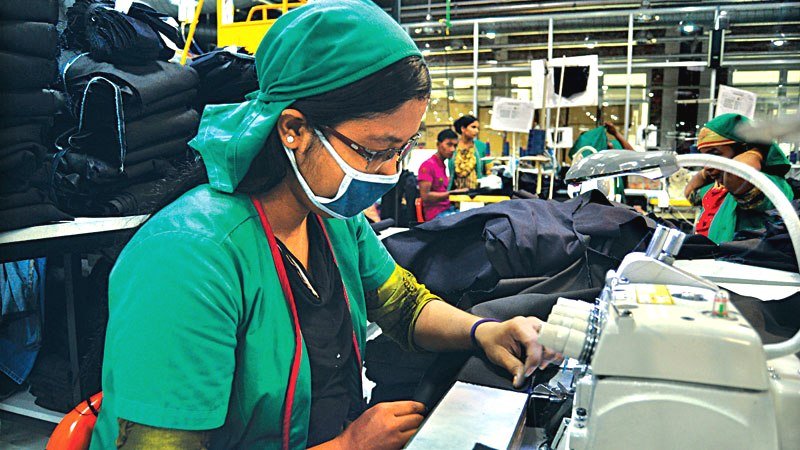Readymade garments Industry brands, manufacturers and unions have joined together to launch the RMG Sustainability Council (RSC) in Bangladesh with a view to sustaining workplace safety.
The RMG manufacturers, global brands and retailers, global federations of trade unions along with their Bangladeshi affiliates have established this unprecedented initiative to carry forward the significant accomplishments made on workplace safety in Bangladesh.
The RSC will carry on the legacy of the Accord on Fire and Building Safety in Bangladesh, with factory inspections, remediation monitoring, safety training and an independent safety and health complaints mechanism available to workers in RMG factories.
The functions of the Bangladesh offices of Accord – which was a time-bound initiative with multiple extensions, of the European brands/buyers sourcing from Bangladesh in the wake of the Rana Plaza tragedy in 2013 – on Monday transitioned to the RSC, a permanent national organisation with equal representation from RMG manufacturers, global apparel companies, and trade unions representing garment workers.
The RSC will initially conduct its workplace safety programmes at more than 1600 RMG factories covered under Accord, but it is envisaged to cover all RMG exporting garment factories ultimately.
Since mid-2013, Bangladeshi RMG factories have made significant improvements in workplace safety.
More than 1200 Accord covered factories have completed more than 90 percent of the remediation of their Corrective Actions Plans. Through the work of the RSC, covered factories will be able to complete their corrective action plans and ensure that all outstanding safety issues are remediated and verified as correctly fixed, and that the labour-management Safety Committees in the factories are equipped and empowered to monitor and address workplace safety on a daily basis.
Rubana Huq, President of the BGMEA and industry representative on the RSC Board of Directors, described the RSC as an unprecedented national initiative. “Through our collective efforts with the brands and trade unions we will make sure that Bangladesh remains one of the safest countries to source RMG products from,” she said.
China Rahman, General Secretary of the IndustriALL Bangladesh Council (IBC) and trade unions representative on the RSC Board of Directors, said, “Together with our Bangladeshi trade union affiliates we will help ensure workers in RMG factories have safe workplaces and have access to remedy to address safety concerns and exercise the right to safe workplaces. We will work to ensure that workers to have trust in the newly established RSC.”
Roger Hubert, H&M and brand representative on the RSC Board of Directors, said, “With the establishment of the RSC, brands can continue to honour their supply chain responsibilities that they have committed to through the Accord signed with the trade unions. The RSC will provide the assurance that workplace safety will continue to be addressed throughout out Bangladeshi RMG supply chain.”
The RMG industry is facing unprecedented challenges with the Covid-19 pandemic which has had a dramatic impact on the RMG industry in Bangladesh and all entities and people associated with the industry. As the RSC embarks on its work, one of the first issues it will need to address is the safe resumption of the office and field based work of its mandate.
The RSC urged all reopened RMG factories to implement necessary measures to mitigate Covid-19 exposure and keep the factory workers as safe as possible.
The RSC is confident and hopeful that its unique structure and commitment to collaboration will further advance a safe, healthy, and sustainable RMG industry in Bangladesh which can serve as a model for the world, said a press release. AFP

